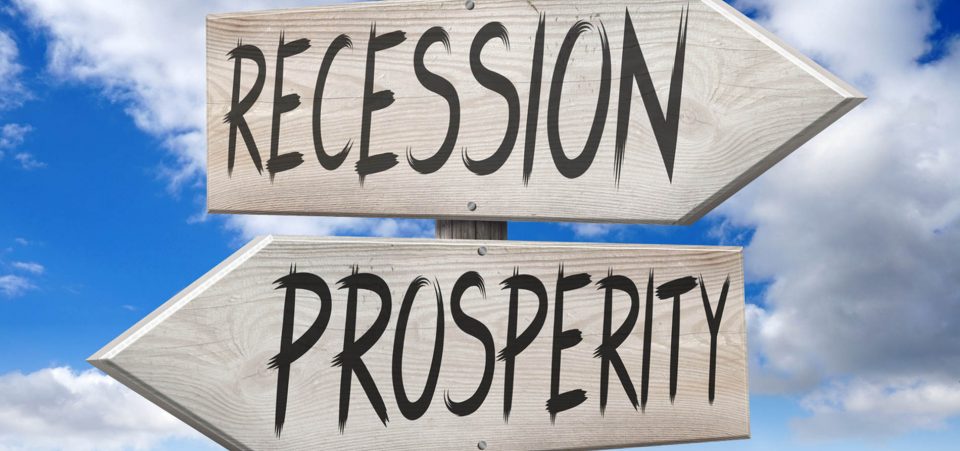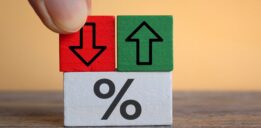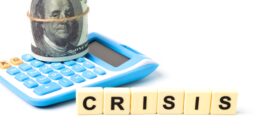Recession Could Be Nearing…
The stock market and the politicians will have you convinced that the U.S. economy continues to show stellar performance, and that there’s really nothing to worry about. Don’t get lured into the false optimism.
The fact is, a recession could be nearing for the U.S. economy sooner rather than later. It can’t be stressed enough: pay attention to the data, not the noise.
It must be understood, you can’t have a growing U.S. economy without the U.S. consumer. They continue to struggle. Certainly, since the recession of 2007–2009, conditions for Americans have improved a little, but a lot of problems continue to persist.
Food Stamp Use Remains Staggering
For example, the number of Americans using food stamps remains staggering.
As of December 8, there were 42.16 million Americans using food stamps. In 2007, just 26.31 million Americans used food stamps. (Source: “Supplemental Nutrition Assistance Program Participation and Costs,” U.S. Department of Agriculture, December 8, 2017.)
If you do the simple math, food stamp usage in the U.S. economy is up 60% over the past decade. There are currently more Americans using food stamps than the entire population of Canada.
This is really nothing to be proud of.
Homelessness Increases in 2017
But food stamps usage is just one thing.
According to a recent report from the U.S. Department of Housing and Urban Development (HUD), the number of homeless individuals in the U.S. amounted to 553,742 in 2017. This was a 0.7% increase over 2016. (Source: “Homelessness Declines In Most Communities Of The U.S. With Increases Reported In High-Cost Areas,” U.S. Department of Housing and Urban Development, December 6, 2017.)
Digging deeper in the data…
On a single night, there were 58,000 families with children that experienced homelessness in the U.S. in 2017. Long-term homelessness among individual Americans soared 12.2% between 2016 and 2017.
Over Five Million Homeowners With Negative Equity
Sadly, there’s more…
Look at the number of Americans living in homes with negative equity. In the first quarter of 2017, a little more than five million American homeowners lived in a house where the value of the home was less than the mortgage amount. (Source: “Q1 2017 Negative Equity: Slow Progress Beats No Progress,” Zillow Research, July 18, 2017.)
For the majority of the homeowners with negative equity, they are underwater by at least 20%.
You must keep in mind, a home is something that’s seen as an asset. For over five million Americans, however, it’s a liability. They can’t just sell their houses. If they do, they will be owing money to their mortgage provider.
U.S. Economic Outlook: Recession Could Be Nearing
Dear reader, the list of indicators suggesting that American consumers are struggling is big. As said earlier, don’t pay too much attention to the stock markets. Many Americans don’t hold stocks anyways. The data is very loud and clear.
You also have to keep in mind, the Federal Reserve is on track to raise interest rates. Basic economics: higher interest rates impact consumption negatively.
With Americans already struggling, and interest rates rising, we could be in for a shock in the coming year or so. A quick recession could become a likely scenario. Obviously, with time, we will know more.






